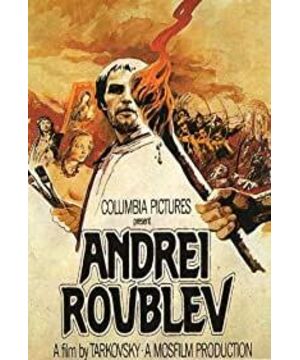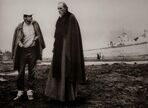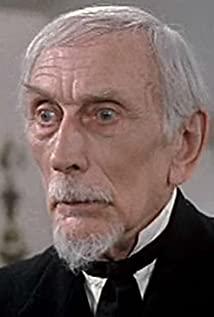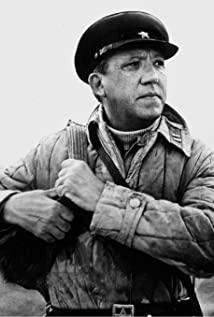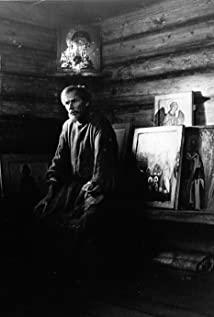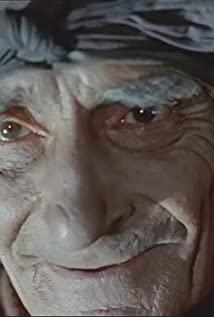Andrei Rublev movie plot
-
Brittany 2022-03-25 09:01:10
Bergman's "Seventh Seal" and this film explore the so-called "silence of God" this topic. The bell-casting boy finally succeeded without his father's true biography, and Rublev also made "The Trinity" without God's oracle. There are several passages where Rublev is not in it, but we can feel the atmosphere of his spiritual life and his worldview. Just as the absence of Rublev in the passage corresponds to the silence of God in the film, it confirms that God is everywhere.
-
Everardo 2021-12-22 08:01:13
Three hours is not boring at all, every bit is worth savoring. A large number of lift-off and long-lens, great vision, and chants make the picture as charming as poetry, and the unique texture of the film vividly shows the rain, fog, and smoke in Russia in winter. From his initial "disdain" towards Jesus and his self-belief crisis after the war, Lublev quietly built the miracle of the Trinity. The most moving scene is the night of bell-casting where copper paste is poured into the mold. There is no close-up of the fiery glorious scene, but the camera is aimed at the humble and pious young bell-casting boy, "God bless..." Jean My nose becomes sore all at once. . Mankind’s pursuit of faith and piety to the unknown are always so moving. The film ends with the camera silently sweeping the huge mural. At this time, it has changed from black and white to color. The horses under the mist seem to be a tribute to life. There are many religious metaphors in the film, because I am not a Christian and the translations are really rubbish, but the gurgling poetry should only be included in this film.
-
Andrei Rublyov: You just spoke of Jesus. Perhaps he was born and crucified to reconcile God and man. Jesus came from God, so he is all-powerful. And if He died on the cross it was predetermined and His crucifixion and death were God's will. That would have aroused hatred not in those that crucified him but in those that loved him if they had been near him at that moment, because they loved him as a man only. But if He, of His own will, left them, He displayed injustice, or even cruelty. Maybe those who crucified him loved him because they helped in this divine plan.
-
Kirill: [admiring one of Feofan's icon paintings] As Epiphanius said in "The Life of Saint Sergeius," "Simplicity, without gaudiness." That is what this is. It's sacred... Simplicity, without gaudiness - you can't say it better.
Feofan Grek: I see you are a wise man.
Kirill: If so, is that a good thing? If one is ignorant, isn't it better to be guided by one's heart?
Feofan Grek: In much wisdom there is much grief. And he who increases knowledge increases sorrow.


